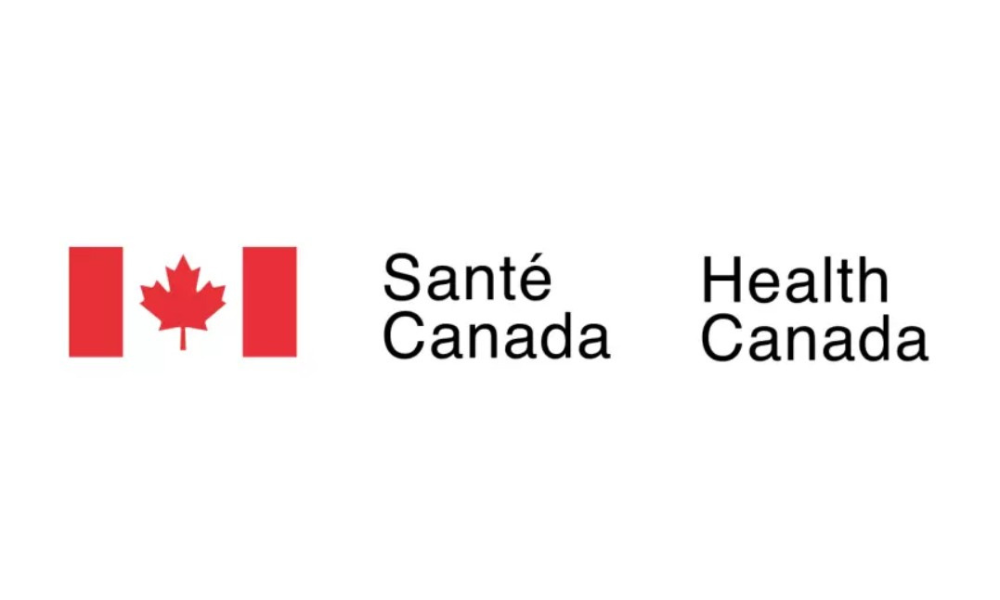Canadian employers who sponsor supplemental employee retirement plans (SERPs) are concerned about balancing benefit adequacy with plan costs. This is among the main findings of a nationwide survey of Canadian plans released today by Buck Consultants.
The study, "Moving Forward - An Overview of Supplemental Employee Retirement Plans in Canada," examined the two types of SERPs - the "top-up" arrangement and the "executive" plan. A top-up plan is based on the same formula as the registered pension plan, whereas the executive plan provides separate benefits for senior executives.
For both SERP designs, sponsors' top concerns include communications, the adequacy of benefits, and the costs of the plan. Employee understanding and communications issues topped the list for 69 per cent of sponsors of both types of SERPs. Adequacy of benefits was cited by 67 per cent of top-up plan sponsors and 62 per cent of executive plan sponsors. Cost containment was the third most important issue for sponsors of both types of SERPs.
In the past, SERPs were reserved for senior executives. In offering the top-up type arrangement, companies have now opened the plans to all employees. A significant number of plan sponsors - close to 80 per cent - have a SERP in place for all salaried non-union employees, not just senior management.
"As the average wage steadily climbs, more and more employees are finding their pensions restricted by the Income Tax Act limits under the registered pension plan," says Charlene Moriarty, consulting actuary in Buck's Toronto office. "Employers are therefore finding it increasingly necessary to offer supplemental pension arrangements not only for their senior executives, but for their middle management employees as well."
"The fact that the SERP exists at all tells us employers are concerned about adequacy of benefits and the Income Tax restrictions, especially for high earners," says Marc-André Vinson, director of Buck's Retirement practice in Ottawa.
The survey also found that, while there is no requirement to fund a SERP, 32 per cent of the plans are funded through a Retirement Compensation Arrangement. One reason for this is that key decision makers in the company are often those who have the most significant benefits in the SERP and bear the highest risk if the plan is unfunded. "Senior executive jobs are typically high-risk positions and it is understandable that they would want the security of funding for their pension," says Moriarty.
A final aspect of benefit adequacy is inflation protection. Forty-four per cent of plans provide inflation increases for SERP benefits, and just over half of those provide inflation protection on an ad hoc basis. "Inflation protection is incredibly expensive and typically poorly understood by plan members," says Vinson. "To contain costs, sponsors generally favor other benefit enhancements over inflation protection in SERPs. The result is that high-income earners are often left to their own devices to protect the purchasing power of their SERP benefits."
Cost containment is a major issue for two-thirds of SERP sponsors, according to the survey. "It's not uncommon for executive performance bonuses to be quite large relative to their base salary," says Vinson. "If these bonuses are fully pensionable, the impact of a few particularly large bonuses on the overall benefit payable from a SERP can be huge. Some sponsors have designed their plans to limit the recognition of bonuses as pensionable pay in SERPs."
The Buck Consultants survey of more than 150 employers was conducted in the third quarter of 2007. This is the third of three installment reports on employer-sponsored pensions in Canada. The first report studied defined benefit plans, and the second covered defined contribution or capital accumulation plans. Buck conducts this comprehensive survey in Canada every four years.
Buck Consultants, an ACS company, provides a full range of human resource consulting and administration services, and has been providing HR consulting and actuarial services in the Canadian marketplace for more than 35 years. Its Canadian suite of services includes health and welfare consulting, total benefit outsourcing services for traditional and flexible group benefit plans, capital accumulation plans, and defined benefit pension plans, retirement consulting (including actuarial services and tax and legal consulting), investment consulting and communications services. News and other information about Buck is available at www.acsbuckcanada.com.
ACS, a global FORTUNE 500 company with 65,000 people supporting client operations reaching more than 100 countries, provides business process outsourcing and information technology solutions to world-class commercial and government clients. The Company's Class A common stock trades on the New York Stock Exchange under the symbol "ACS." Learn more about ACS at www.acs-inc.com.
The Buck Consultants survey report, "Moving Forward - An Overview of Supplemental Employee Retirement Plans in Canada" is available to interested parties for US$400 from Buck's Global Survey Resources, 500 Plaza Drive, Secaucus, NJ, 07096-1533. Telephone 1-800-887-0509. It also can be ordered online at www.bucksurveys.com.
The study, "Moving Forward - An Overview of Supplemental Employee Retirement Plans in Canada," examined the two types of SERPs - the "top-up" arrangement and the "executive" plan. A top-up plan is based on the same formula as the registered pension plan, whereas the executive plan provides separate benefits for senior executives.
For both SERP designs, sponsors' top concerns include communications, the adequacy of benefits, and the costs of the plan. Employee understanding and communications issues topped the list for 69 per cent of sponsors of both types of SERPs. Adequacy of benefits was cited by 67 per cent of top-up plan sponsors and 62 per cent of executive plan sponsors. Cost containment was the third most important issue for sponsors of both types of SERPs.
In the past, SERPs were reserved for senior executives. In offering the top-up type arrangement, companies have now opened the plans to all employees. A significant number of plan sponsors - close to 80 per cent - have a SERP in place for all salaried non-union employees, not just senior management.
"As the average wage steadily climbs, more and more employees are finding their pensions restricted by the Income Tax Act limits under the registered pension plan," says Charlene Moriarty, consulting actuary in Buck's Toronto office. "Employers are therefore finding it increasingly necessary to offer supplemental pension arrangements not only for their senior executives, but for their middle management employees as well."
"The fact that the SERP exists at all tells us employers are concerned about adequacy of benefits and the Income Tax restrictions, especially for high earners," says Marc-André Vinson, director of Buck's Retirement practice in Ottawa.
The survey also found that, while there is no requirement to fund a SERP, 32 per cent of the plans are funded through a Retirement Compensation Arrangement. One reason for this is that key decision makers in the company are often those who have the most significant benefits in the SERP and bear the highest risk if the plan is unfunded. "Senior executive jobs are typically high-risk positions and it is understandable that they would want the security of funding for their pension," says Moriarty.
A final aspect of benefit adequacy is inflation protection. Forty-four per cent of plans provide inflation increases for SERP benefits, and just over half of those provide inflation protection on an ad hoc basis. "Inflation protection is incredibly expensive and typically poorly understood by plan members," says Vinson. "To contain costs, sponsors generally favor other benefit enhancements over inflation protection in SERPs. The result is that high-income earners are often left to their own devices to protect the purchasing power of their SERP benefits."
Cost containment is a major issue for two-thirds of SERP sponsors, according to the survey. "It's not uncommon for executive performance bonuses to be quite large relative to their base salary," says Vinson. "If these bonuses are fully pensionable, the impact of a few particularly large bonuses on the overall benefit payable from a SERP can be huge. Some sponsors have designed their plans to limit the recognition of bonuses as pensionable pay in SERPs."
The Buck Consultants survey of more than 150 employers was conducted in the third quarter of 2007. This is the third of three installment reports on employer-sponsored pensions in Canada. The first report studied defined benefit plans, and the second covered defined contribution or capital accumulation plans. Buck conducts this comprehensive survey in Canada every four years.
Buck Consultants, an ACS company, provides a full range of human resource consulting and administration services, and has been providing HR consulting and actuarial services in the Canadian marketplace for more than 35 years. Its Canadian suite of services includes health and welfare consulting, total benefit outsourcing services for traditional and flexible group benefit plans, capital accumulation plans, and defined benefit pension plans, retirement consulting (including actuarial services and tax and legal consulting), investment consulting and communications services. News and other information about Buck is available at www.acsbuckcanada.com.
ACS, a global FORTUNE 500 company with 65,000 people supporting client operations reaching more than 100 countries, provides business process outsourcing and information technology solutions to world-class commercial and government clients. The Company's Class A common stock trades on the New York Stock Exchange under the symbol "ACS." Learn more about ACS at www.acs-inc.com.
The Buck Consultants survey report, "Moving Forward - An Overview of Supplemental Employee Retirement Plans in Canada" is available to interested parties for US$400 from Buck's Global Survey Resources, 500 Plaza Drive, Secaucus, NJ, 07096-1533. Telephone 1-800-887-0509. It also can be ordered online at www.bucksurveys.com.





